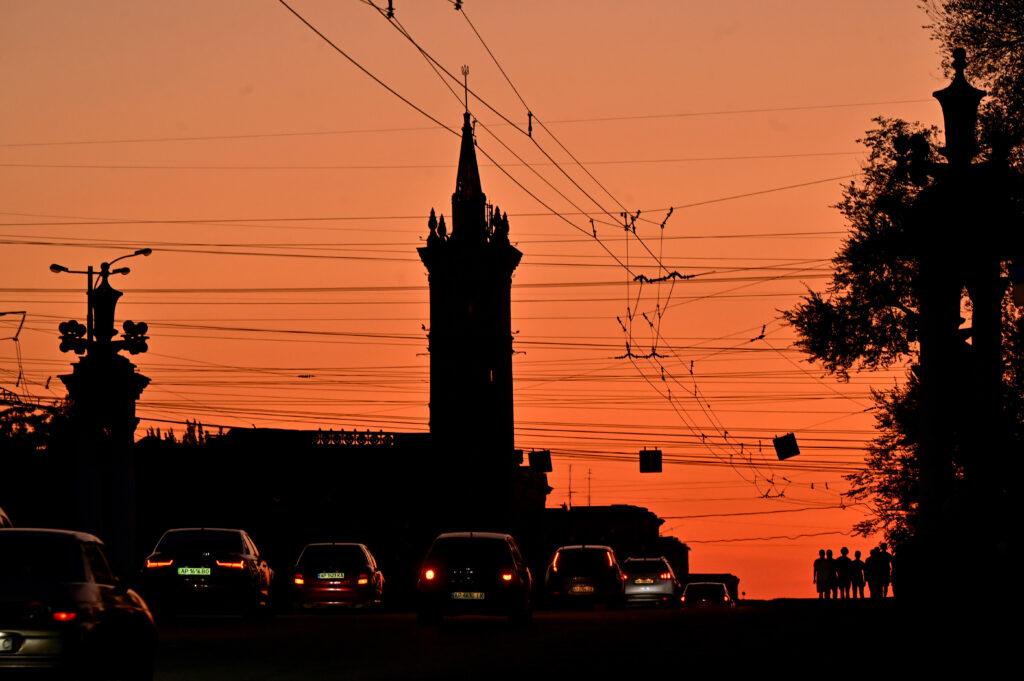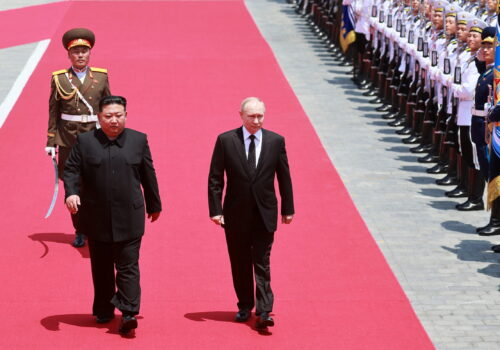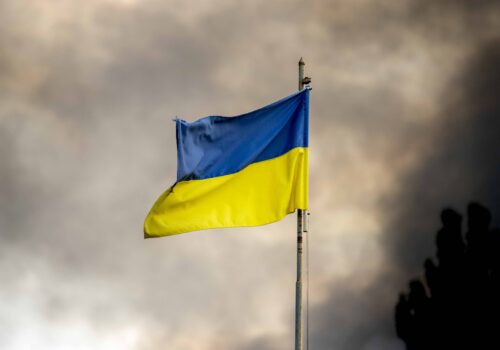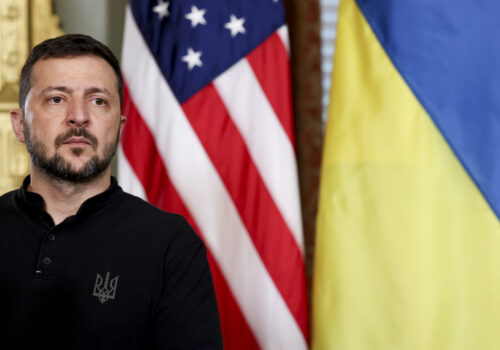
Ukrainians brace for blackouts ahead of Russian winter air offensive

The Financial Times has this week reported that Ukraine and Russia are engaged in preliminary talks over a possible mutual pause in air strikes against energy infrastructure. The news has sparked a degree of guarded optimism, with some speculating that a limited agreement protecting energy assets in both countries could pave the way for broader negotiations aimed at bringing the war to an end.
For now, however, reports of bilateral talks remain unconfirmed and have been denied by Kremlin spokesperson Dmitry Peskov. Even if some kind of deal could be reached, few in Ukraine would be prepared to count on Russia keeping its word. Instead, millions of Ukrainians are currently preparing for what most believe will be the toughest winter of the war amid expectations of fresh Russian attacks on the country’s battered power grid.
Russia has been conducting a bombing campaign against Ukraine’s energy infrastructure since the start of the full-scale invasion in February 2022. Attacks intensified in spring 2024, with Russia unleashing waves of devastating missile and drone strikes that wiped out nearly all of Ukraine’s generation capacity fueled by coal or water.
This damage added to the widespread destruction already inflicted by earlier Russian air offensives, particularly during the first winter of the war. Ukraine’s power generating potential has also been weakened by the loss of renewable energy infrastructure in areas of the country close to the front lines of the conflict or under Russian occupation.
Stay updated
As the world watches the Russian invasion of Ukraine unfold, UkraineAlert delivers the best Atlantic Council expert insight and analysis on Ukraine twice a week directly to your inbox.
Ukraine is now approaching a third consecutive wartime winter with the country’s energy outlook more precarious than ever. With over half of Ukraine’s prewar energy sources already lost, the civilian population will be heavily dependent on three remaining nuclear power plants to make it through the cold season. This reliance makes Ukraine’s nuclear plants an obvious target for the Kremlin. In September, Ukrainian President Volodymyr Zelenskyy told the UN General Assembly that Russia is preparing to attack the country’s nuclear plants.
Ukrainians are currently being warned that rolling blackouts are likely throughout the winter months, with electricity potentially limited to just a few hours per day. Any further loss in capacity could also create operational risks at Ukraine’s nuclear power plants, which require a steady supply of electricity to function. An October 2024 report by Greenpeace Ukraine highlighted the potential threat to nuclear safety. The report detailed how further Russian attacks on Ukraine’s electricity infrastructure could jeopardize the functioning of the country’s nuclear plants, with potentially dire consequences for Ukraine and the rest of Europe.
Eurasia Center events
The international community has taken a number of steps to help Ukraine prepare for the winter season. In a significant move, the European Network of Transmission System Operators for Electricity (ENTSOE), an organisation supervising the interconnection of Europe’s electricity transmission grids, recently announced an increase in export capacity to Ukraine starting in December from the current 1.7 GW to 2.1 GW. Although additional energy importing capacity is certainly welcome, Ukraine may still face a supply deficit, particularly in case of an extended cold spell. Ukrainian engineers are currently racing against the clock to repair damaged power plants and transmission infrastructure to ensure their prompt return to the grid ahead of the winter heating season.
The Ukraine Energy Support Fund, which is managed by the EU-affiliated Energy Community, has disbursed around half a billion euros from Ukraine’s Western partners since the start of Russia’s full-scale invasion. These funds are being used to help finance repairs as well as secure critical pieces of equipment such as transformers and gas turbines. Further funding is expected to come as part of the latest EU support package. Brussels has also secured around ten thousand electricity generators to help cover the energy needs of Ukraine’s civilian population. Meanwhile, individual EU member states such as Lithuania and Estonia have promised to dismantle old Soviet power plants and send spare parts to Ukraine.
Despite these steps, there are still widespread concerns that further damage to Ukraine’s energy infrastructure in the coming weeks may leave millions of people without heating and power for extended periods amid subzero temperatures. Prolonged blackouts could spark a humanitarian crisis, leading to new waves of Ukrainian refugees crossing into the EU.
The most effective measure to safeguard Ukraine’s energy infrastructure remains enhanced air defenses. With the winter heating season now officially underway, Ukraine is still waiting to receive some of the air defense systems promised by the country’s partners. The past few months have seen a relative lull in Russian missile attacks, leading many to conclude that the Kremlin is currently stockpiling ballistic and cruise missiles in order to launch mass missile strikes on Ukraine’s energy infrastructure once temperatures begin to plummet.
At present, Ukraine does not have sufficient coverage to fully protect its power grid against a new Russian air offensive. While reports of a possible deal with Russia to halt energy infrastructure attacks are encouraging, most Ukrainians would much rather see their international allies take concrete steps to strengthen Ukraine’s air defenses.
Dr. Aura Sabadus is a senior energy journalist who writes about Eastern Europe, Turkey, and Ukraine for Independent Commodity Intelligence Services (ICIS), a London-based global energy and petrochemicals news and market data provider. Her views are her own.
Further reading
The views expressed in UkraineAlert are solely those of the authors and do not necessarily reflect the views of the Atlantic Council, its staff, or its supporters.

The Eurasia Center’s mission is to enhance transatlantic cooperation in promoting stability, democratic values and prosperity in Eurasia, from Eastern Europe and Turkey in the West to the Caucasus, Russia and Central Asia in the East.
Follow us on social media
and support our work
Image: Cars moving along a road at sunset as the city is switching off street lights due to power shortages in the region and to save electricity for residential buildings in Zaporizhzhia, Ukraine, on July 20, 2024.





